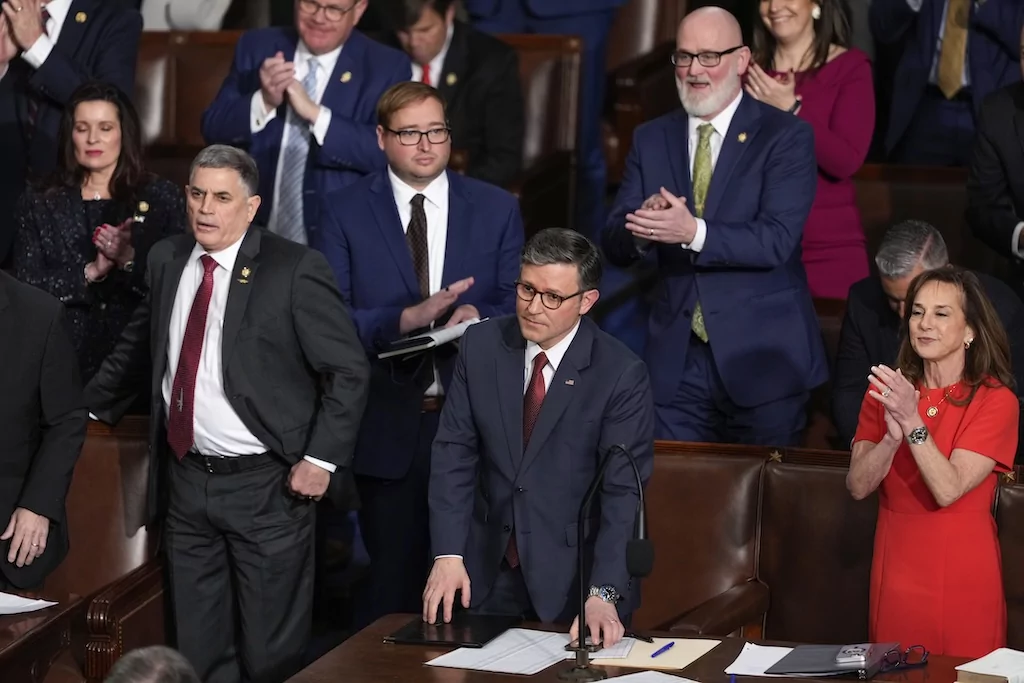

House Republicans are hoping President-elect Donald Trump will not take action via executive order on several key measures from President Joe Biden‘s tenure once he takes office, but not because they want to keep the measures.
Trump has teased various executive orders he hopes to sign on Monday when he returns to office, but a report from Punchbowl News suggests House GOP leadership is hoping to undo Biden policies through reconciliation, rather than executive orders.
The report claims that House Republicans want Trump to avoid executive orders on Biden’s costly student loan forgiveness program, electric vehicle incentives, and fuel efficiency standards for cars and trucks, among others.
REPUBLICANS TURN TO 2025 GOVERNOR BATTLES AS PARTY LOOKS TO RIDE 2024 SUCCESS
The House GOP is arguing it can include those provisions in a reconciliation package, which would also include tax cuts, funding for border security, and other key Republican agenda items.
The reconciliation process serves as a quicker way to pass legislation, with only a simple majority approval needed in the Senate, but comes with some key limitations. The process may only be used three times in one year, and only once for spending, revenues, or the debt limit. It can pass with only 51 votes in the Senate, along with a majority in the House of Representatives.
The bill must also follow the Byrd rule, named for former Sen. Robert Byrd, in that the provisions in the legislation must be related to the budget. The Senate Parliamentarian must approve provisions adhering to the Byrd rule, and in some cases provisions could be removed.
In 2021, the Senate Parliamentarian ruled that a $15 minimum wage increase could not be included in a bill being considered under reconciliation.
CLICK HERE TO READ MORE FROM THE WASHINGTON EXAMINER
Should provisions not be included in reconciliation, Trump could issue executive orders, but those orders are more susceptible to legal challenges than pieces of passed legislation.
Republicans hold a 53-47 majority in the Senate and a 219-215 majority in the House of Representatives, meaning non-reconciliation legislation will have to be able to get the support of at least seven Democrats in the upper chamber to pass the filibuster.





